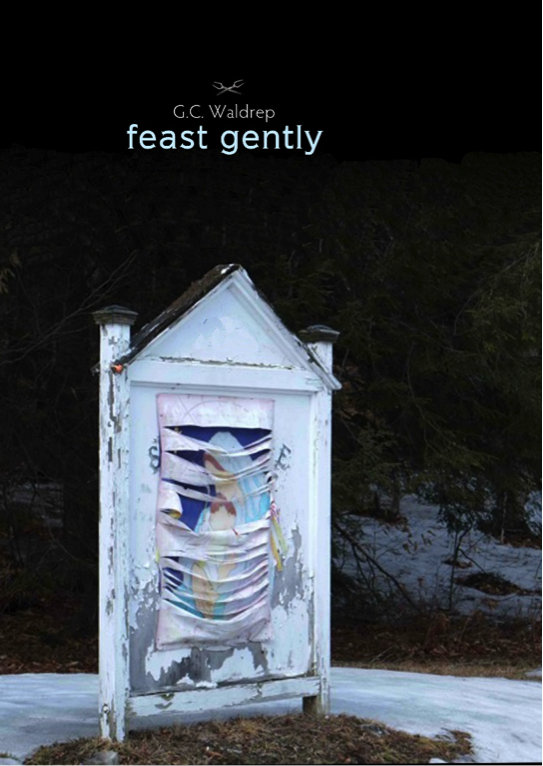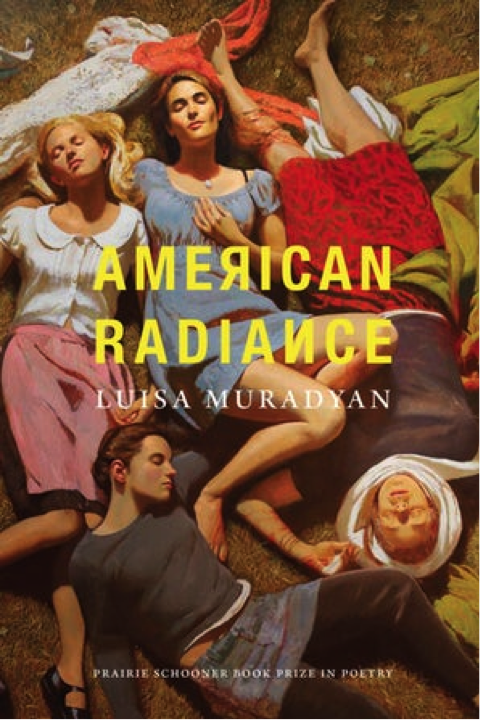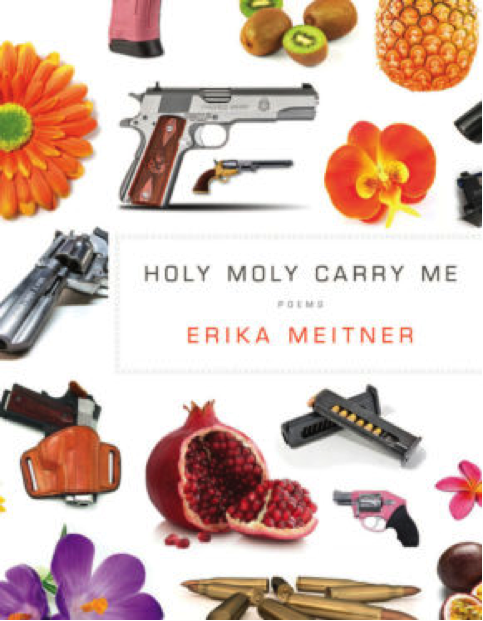When Gabino Iglesias approached me with the idea to write a poetry column for PANK, there was absolutely no doubt that I was on board. Immediately, I sorted through the pile of books I was reading, picked three and began writing. My aim here, and of the column as a whole, is not to provide traditional reviews, but rather short overviews that will hopefully engage future readers to poetry collections they might enjoy. I won’t guarantee that the collections chosen will always be recent (published within the past year or so), since poetry and certain books are, after all (and excuse the cliché here) timeless. Nevertheless, for this first installment, I chose three fairly recent collections that embody today’s social, political, and spiritual landscape. They have cemented their place in the literary world not only by being awarded the William Carlos Williams Award, or the Prairie Schooner Book Prize in Poetry, or the National Jewish Book Award in Poetry, but by being books that one can return to, as I often found myself doing when writing about them. Let’s hope you find as much enjoyment in these works as I know I did. Cheers!

feast gently by G.C. Waldrep (Tupelo Press)
In his sixth collection, G.C. Waldrep explores the tensions and harmonies between the body and spirit, presenting poems that are both beautiful and devastatingly urgent. Like his previous collections, Waldrep interweaves the universal with the personal, writing in a manner that is philosophical, spiritual, and conversational all at once. The seventh anniversary of the invasion of Afghanistan provides a meditation on language and its shortcomings. A real-life funeral expands on the role chance plays in one’s death, and how God reveals secrets we are only briefly privy to. Other poems read like fables (“To the Embalmers” immediately comes to mind), and we are left witnessing the tragedies and daily miracles of the world feast gently so skillfully depicts. Waldrep’s poetry is at times demanding, but if given the right amount of care and attention, you’ll find that you are all the better, and wiser, for it.

American Radiance by Luisa Muradyan (University of Nebraska Press)
Winner of the 2017 Prairie Schooner Book Prize in Poetry, Luisa Muradyan’s American Radiance reflects the complexities of the immigrant experience, and, through humor, pop culture allusions, and lyrical playfulness, highlights the exodus from one’s homeland and what it means to assimilate in America. Muradyan’s poems are not only concise, but funny, drawing on a plethora of figures (Prince, Arnold Schwarzenegger, Bruce Willis, Macho Man Randy Savage) that guide us through moments that are nostalgic, bittersweet, and at times utterly heartbreaking. Muradyan’s juxtapositions are clever and surprising, and with poems like “We Were Cosmonauts” (which narrates the speaker’s journey from Moscow to the U.S., while drawing comparisons to a game of Tetris), we see her poetic range, and see how moving a collection can be when it combines humor, history, folklore, and experiences so many can relate to.

Holy Moly Carry Me by Erika Meitner (BOA Editions, Ltd.)
In her fifth collection, Erika Meitner wrestles with the anxieties of modern-day suburbia. Holy Moly Carry Me is an outstanding and relevant collection that never shies away from exposing the tensions one faces in America, detailing, for example, what it means to be a mother raising a white son and black son in today’s political climate, or what it means to live in a region of the U.S. (Appalachia) not fully understood by others. Meitner has the ability to use seemingly unremarkable moments, such as a trip to the Dollar General, to examine relationships, identity, gun violence, teacher salaries, the middle class, poverty, and the responsibility to ponder these questions from a place of relative privilege. This collection is a testament that the mundane isn’t ever truly mundane, and that when it comes to our societal structures and the way in which they influence our behavior, there is always room to explore the truths that lie beneath the surface.
—
Esteban Rodríguez is the author of Dusk & Dust, forthcoming from Hub City Press (September 2019). His poetry has appeared or is forthcoming in Arts & Letters, The Gettysburg Review, New England Review, Puerto del Sol, Shenandoah, TriQuarterly, The Rumpus, and elsewhere. He lives with his family and teaches in Austin, Texas.
![[PANK]](https://pankmagazine.com/wp-content/themes/pank/assets/images/pank-logo-large.png)

